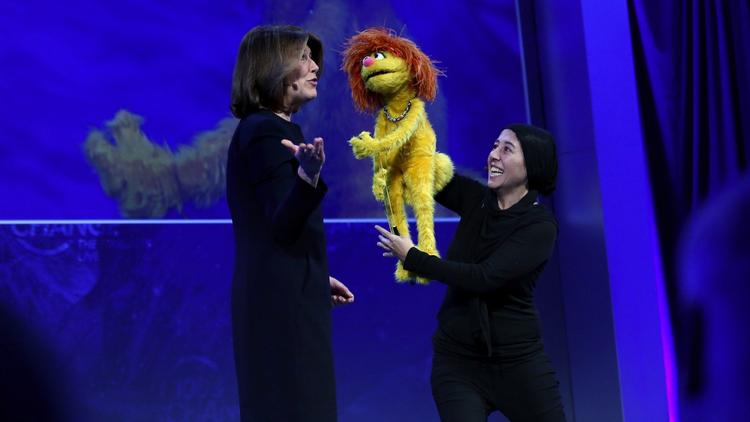Chicago’s MacArthur Foundation will conduct a second round of its innovative $100 million grant competition 100&Change, the organization announced Thursday.
From April 30 to August 6, the charity will accept online proposals at www.100andchange.org from organizations that can identify a critical social problem anywhere in the world and propose a lasting solution to it.
“The first 100&Change elicited such enthusiasm and excitement from both organizations engaged in social change and from the philanthropic community that we’re doing it again,” said Cecilia Conrad, the MacArthur managing director who leads 100&Change.
MacArthur will work with a new nonprofit it is starting, Lever for Change, to winnow the proposals down to a group of semifinalists that will present their ideas publicly.
The process drew comparisons to a reality show when the first 100&Change was launched three years ago, but in a good way. MacArthur executives were struck by the format’s effectiveness: in forcing organizations to hone their message and to think bigger, and in drawing attention to ideas that deserved funding even if they didn’t win it from MacArthur.
“We heard this was a unique opportunity for them to craft a solution. They described it as a liberating experience,” said Conrad, who will serve as CEO of Lever for Change.
Lever for Change is drawing its seed money from MacArthur and LinkedIn founder Reid Hoffman. It was formed partly in response to the number of worthy projects, from amid more than 1900 initial proposals, that the original 100&Change identified, officials said.
“The new separate organization is actually a response to the convergence of two things,” said MacArthur president Julia Stasch, who is scheduled to step down from MacArthur this year but will stay on as chair of the Lever for Change board. “The excitement by other funders and the pipeline that was being created, and the body of research that has shown there is an enormous amount of resources on the sidelines.”
Lever for Change, for instance, would be able to connect potential philanthropists who want to put their money to good use but “lack the apparatus to do that,” Stasch said.
After a careful narrowing process, the first $100 million grant winner was Sesame Workshop and the International Rescue Committee for a plan to educate young children displaced by the conflict in the region of Syria. The winners included a Muppet in their on-stage presentation in a Chicago hotel ballroom in Dec., 2017, and pledged theirs would be “the largest early childhood intervention in the history of humanitarian response.”
That project is going well, Conrad said, and it was exciting when the Lego Foundation in December accepted MacArthur’s challenge and awarded another $100 million to Sesame Workshop and partners to “ensure that young children affected by the Rohingya and Syrian crises have opportunities to learn through play and develop the skills needed for the future,” Lego said in a news release.







